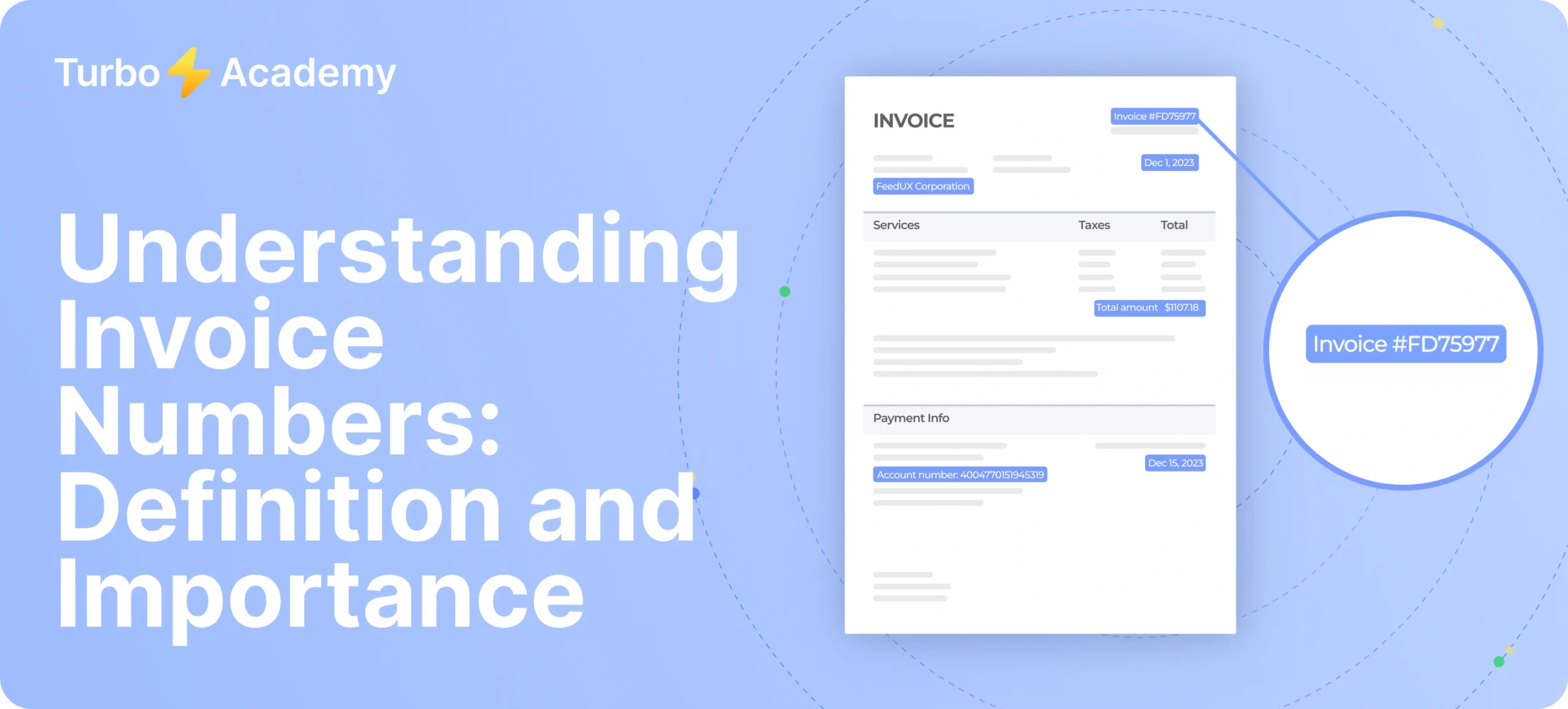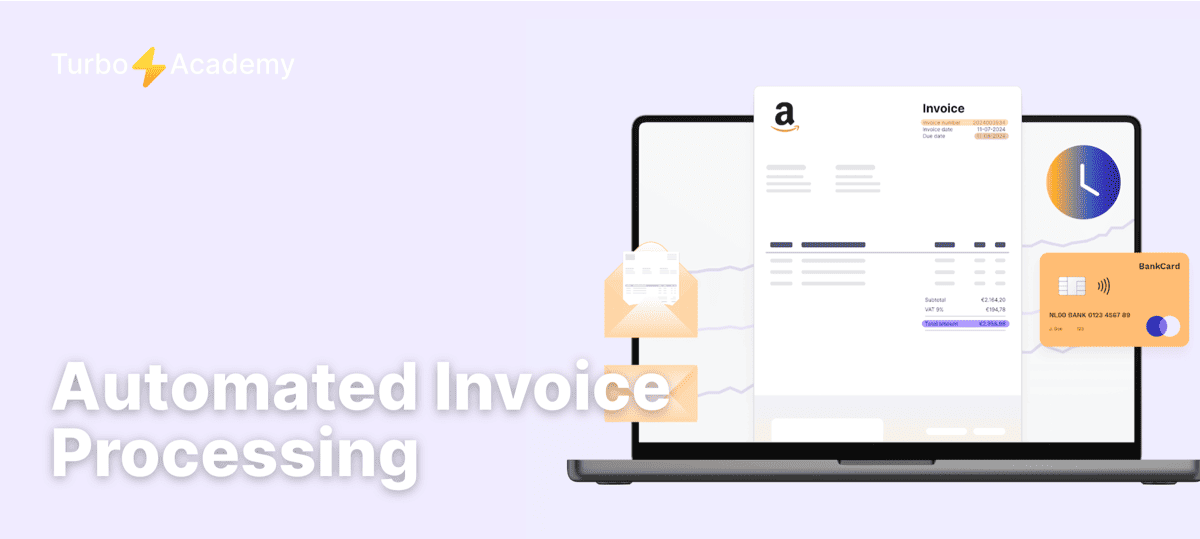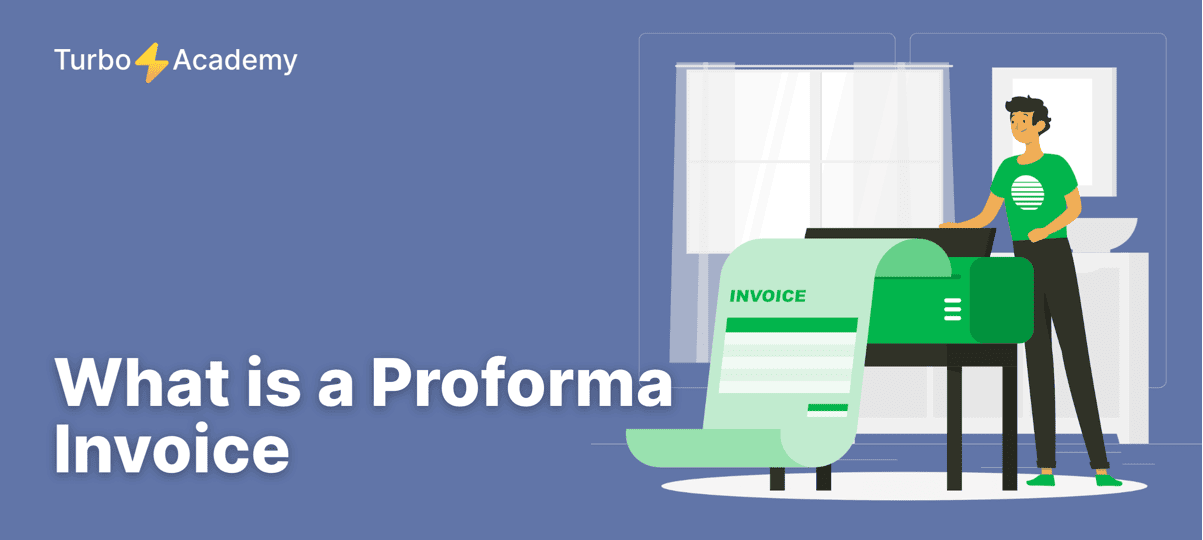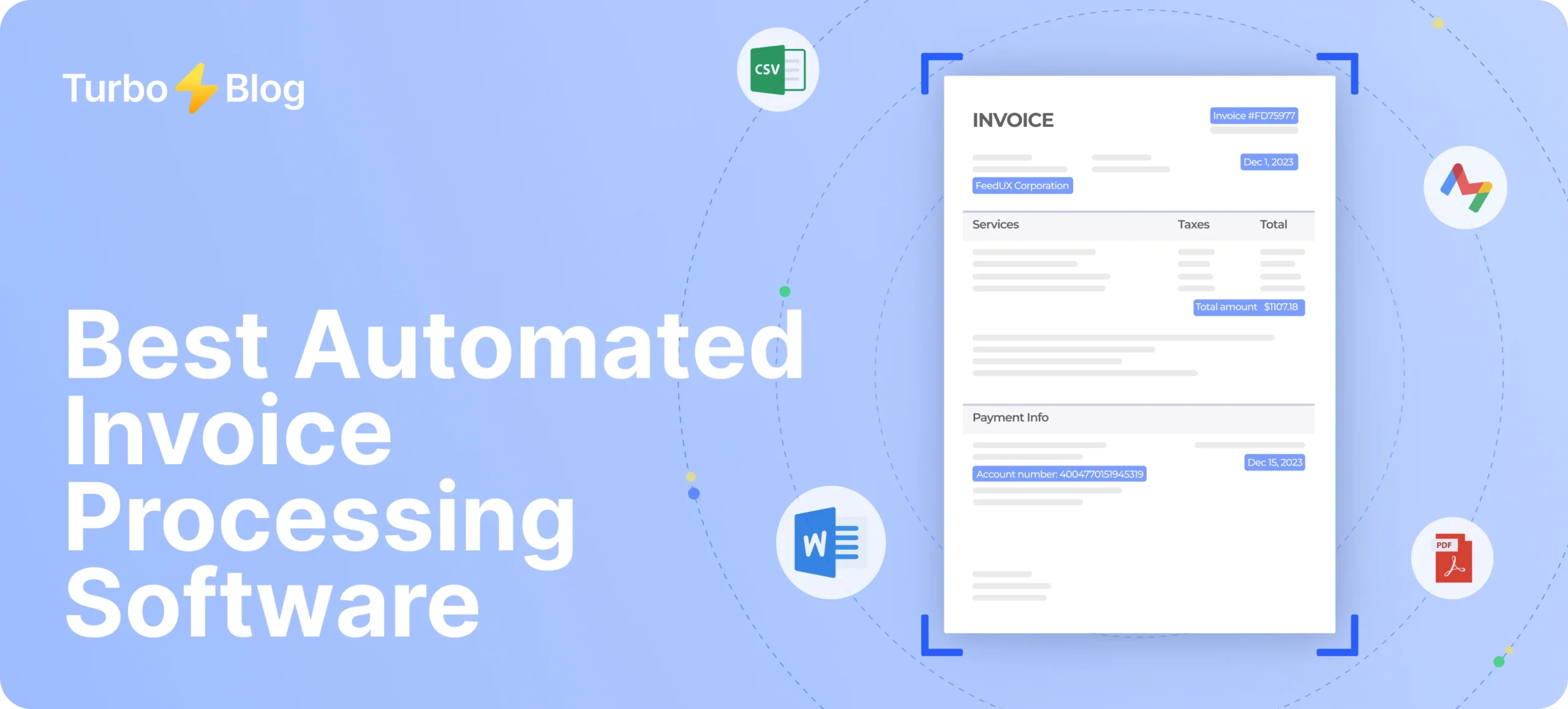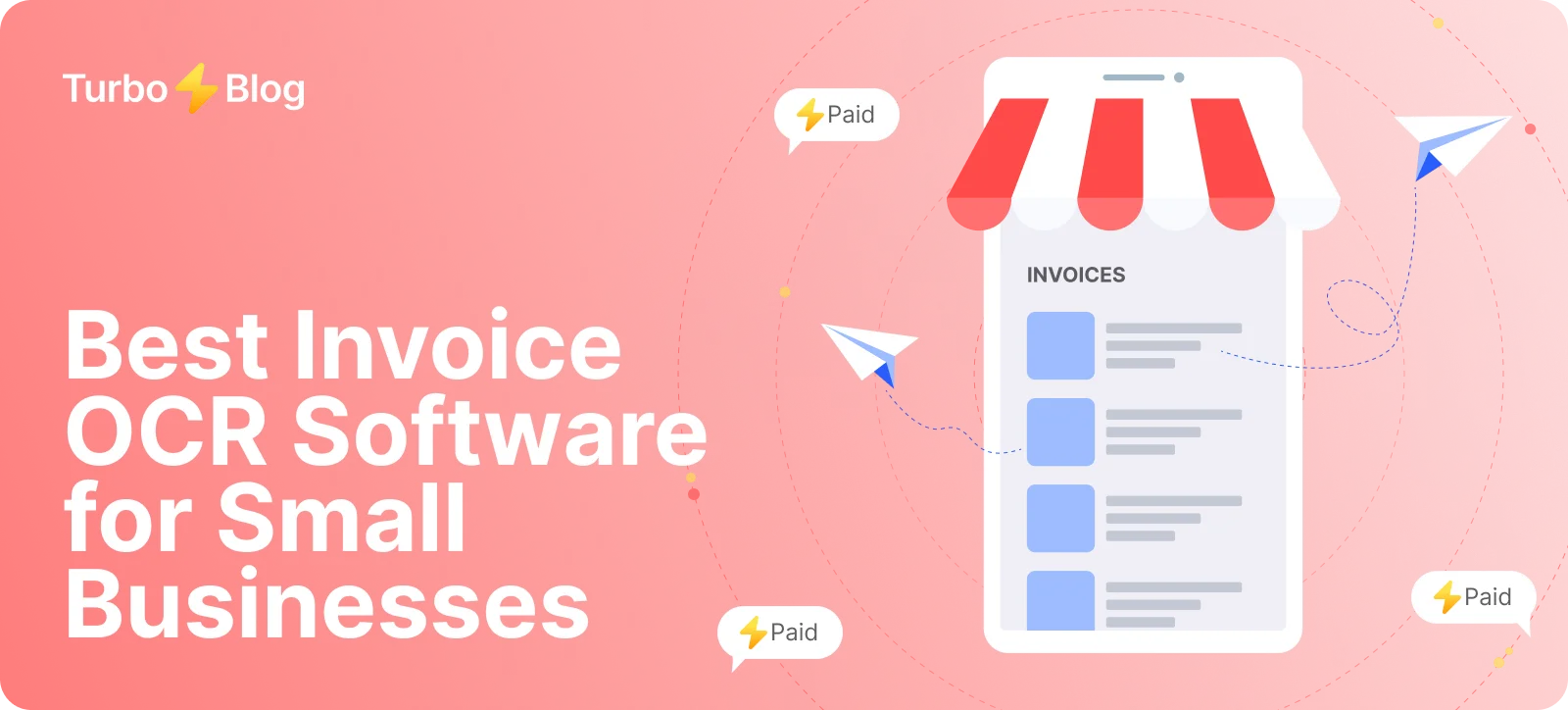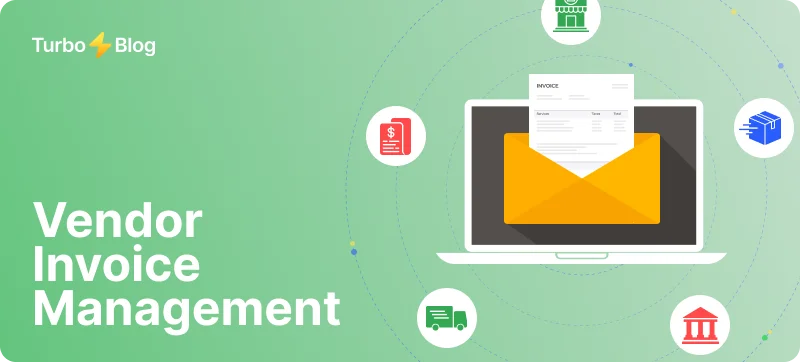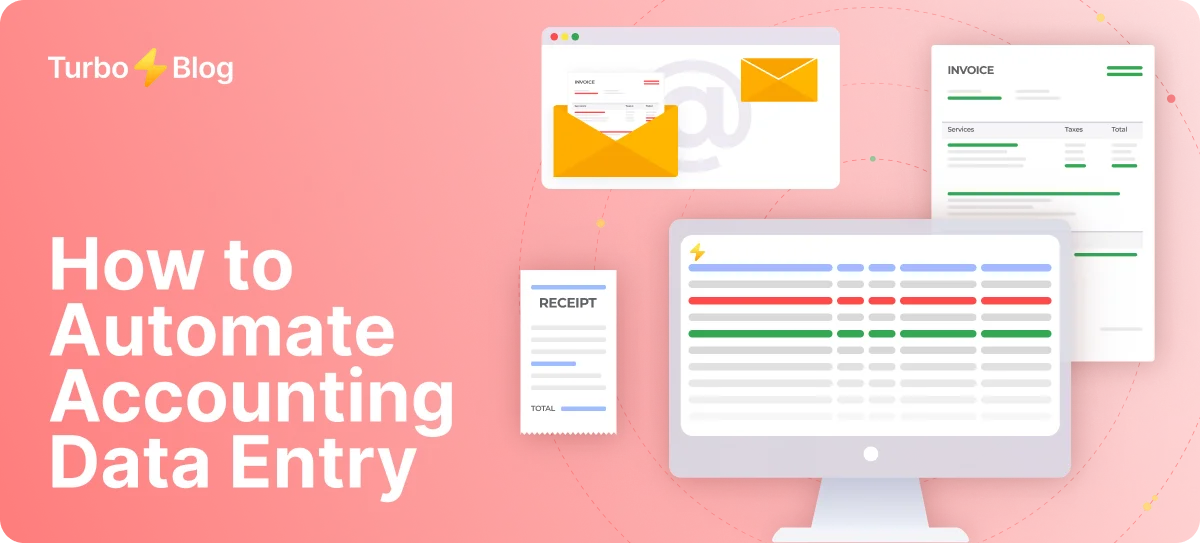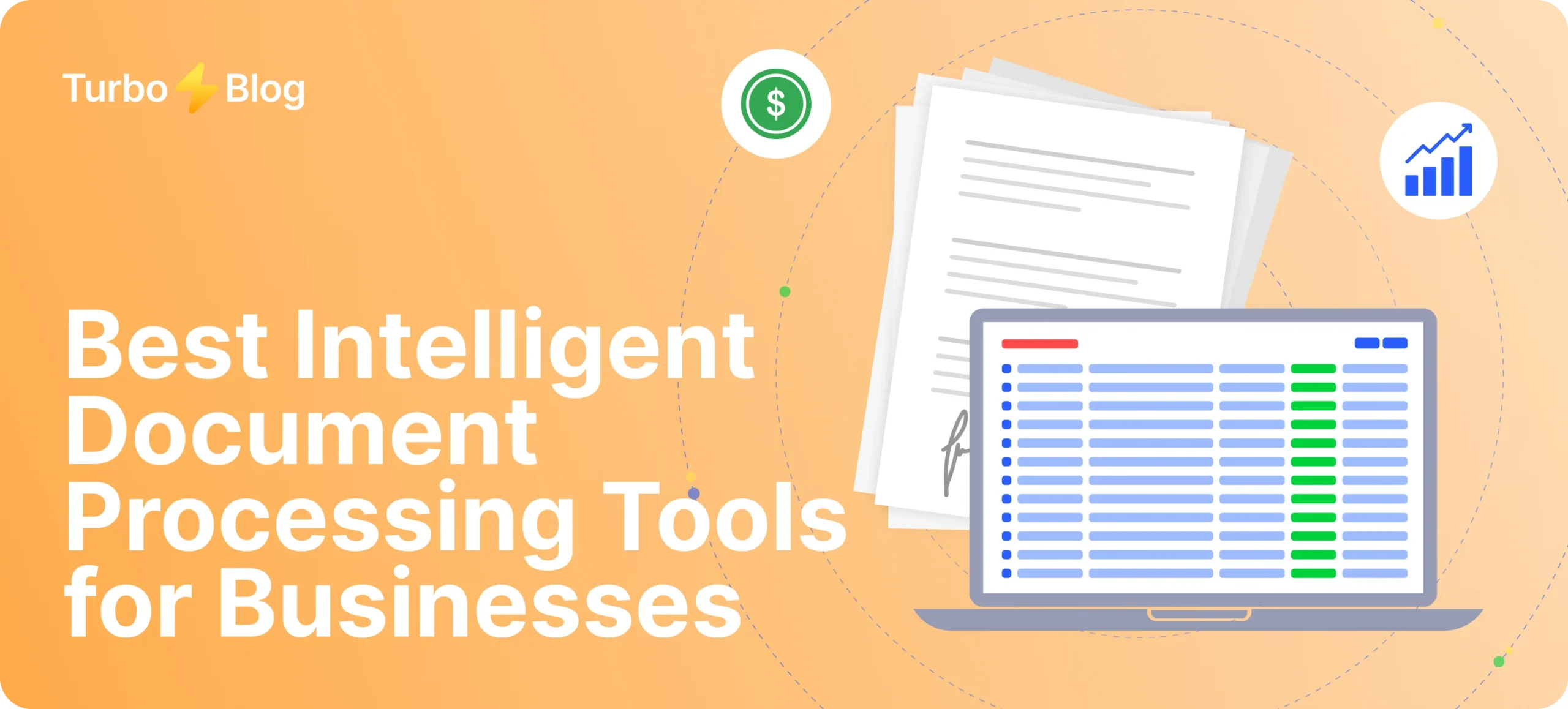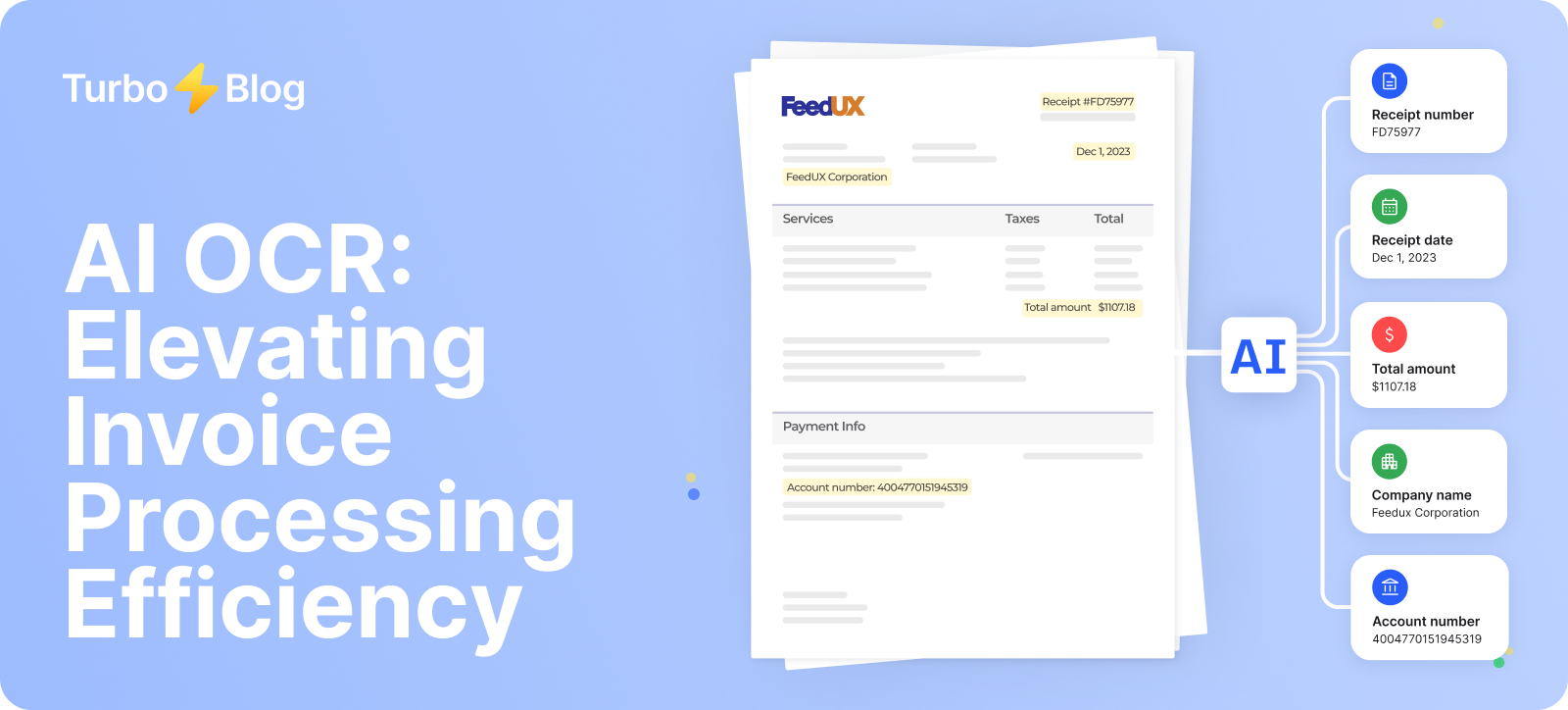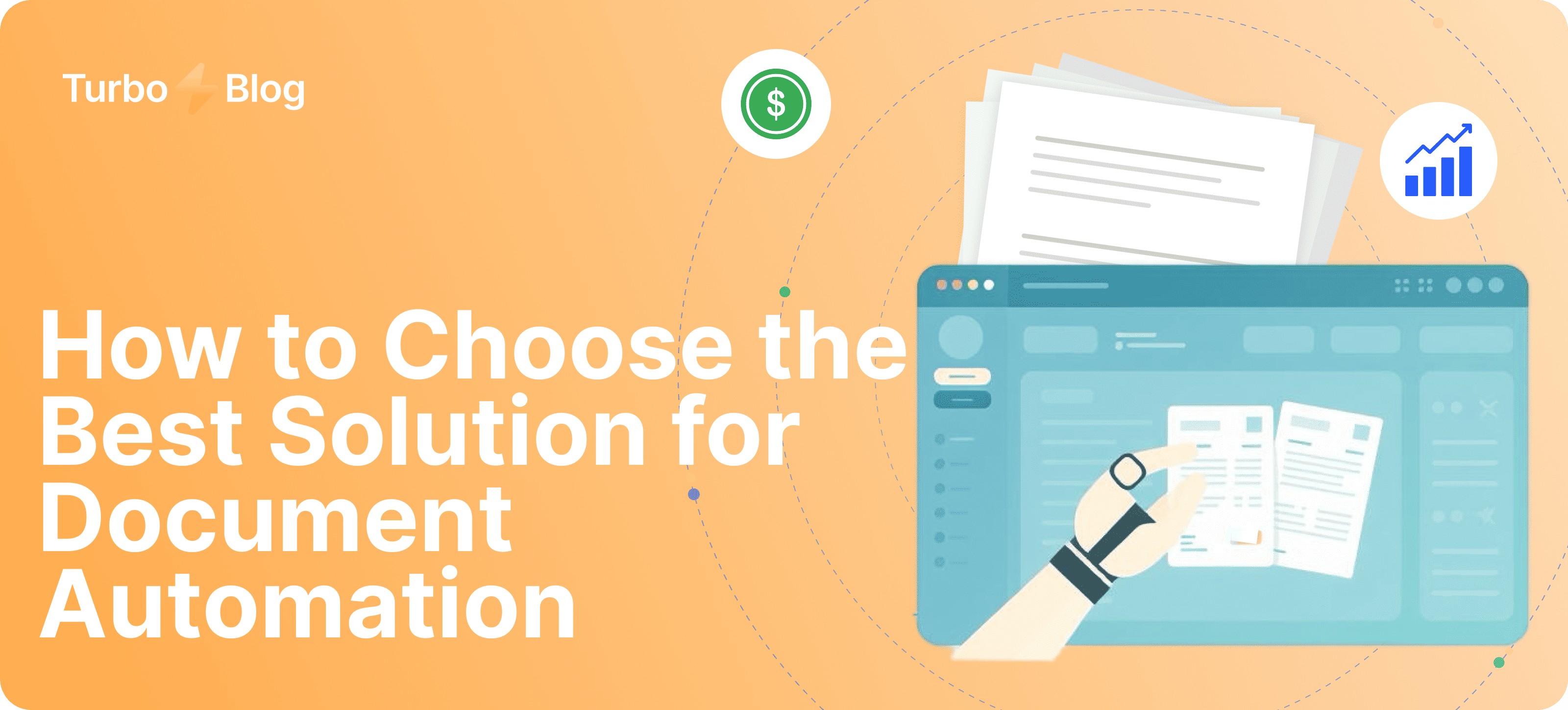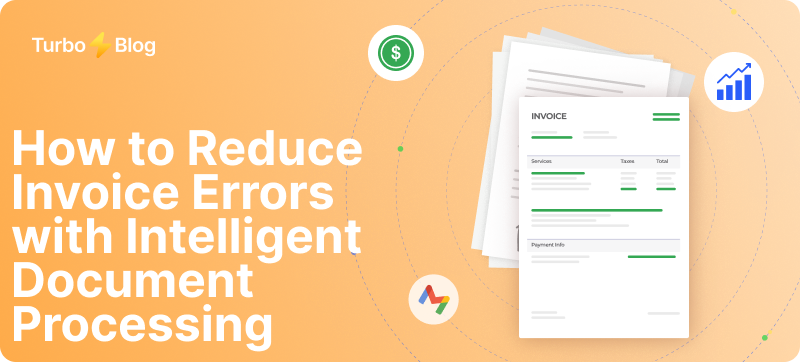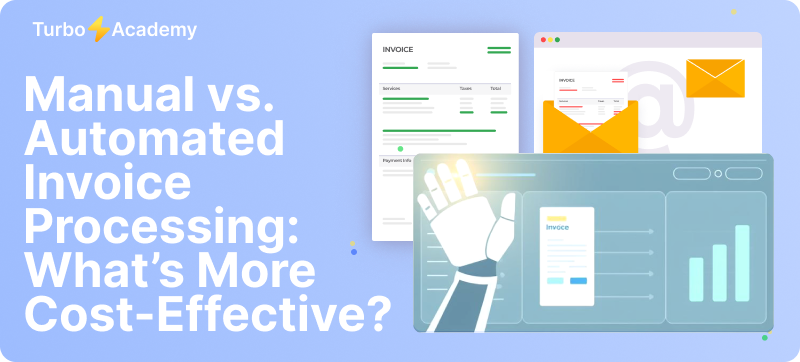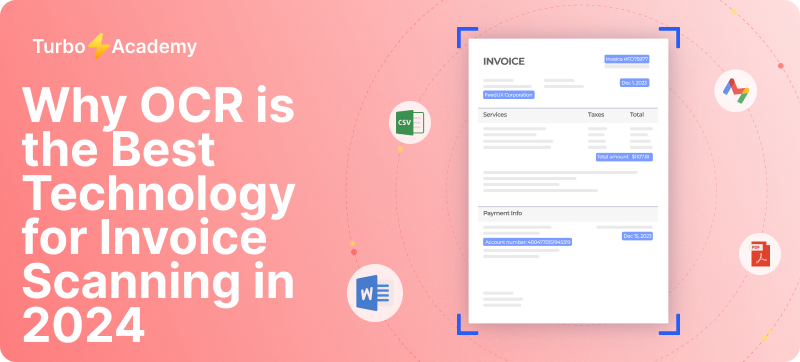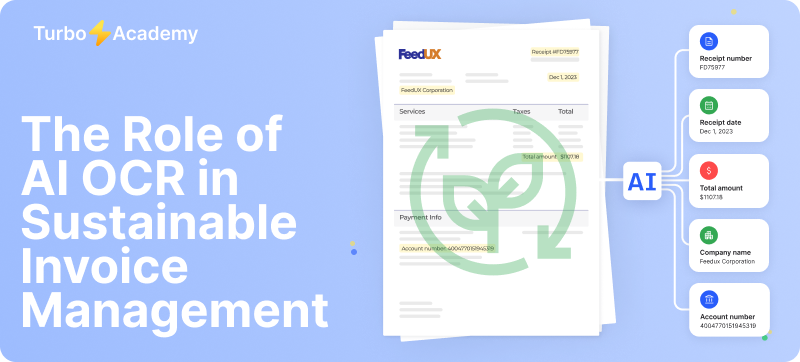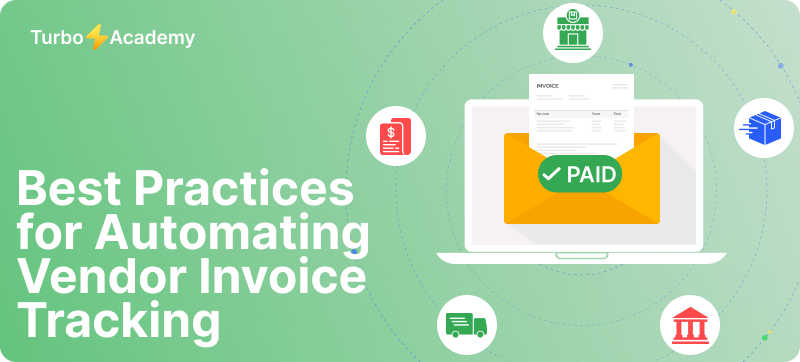In today’s fast-paced business world, staying on top of financial transactions is crucial for success. One essential element that helps businesses keep their billing processes organized and efficient is the invoice number. Understanding what an invoice number is, how it works, and why it’s important can make a significant difference in streamlining your accounting practices.
An invoice number is a unique identifier assigned to each invoice issued by a business to its clients or customers. It serves as a reference point for both the issuer and the recipient, making it easier to track and manage invoices throughout the billing cycle. By implementing a well-structured invoice numbering system, businesses can simplify their invoicing process, reduce errors, and maintain accurate financial records.
In this article, we’ll dive deeper into the concept of invoice numbers, exploring their purpose, importance, and best practices for creating an effective numbering system. Whether you’re a seasoned business owner or just starting out, understanding the role of invoice numbers can help you optimize your billing process and ensure smooth financial operations.
Automate document processing with TurboDoc
Recognize invoices, contracts, and forms in seconds. No manual work or errors.
Try for free!



What is an Invoice Number and What is it Used For?
An invoice number is a unique identifier assigned to each invoice issued by a business, serving as a critical component of the invoicing process. This distinct number helps both the issuer and the recipient track and manage invoices efficiently, preventing confusion and maintaining detailed records of every transaction. Invoice numbers typically follow a sequential, randomized, or date-based numbering system, depending on the company’s accounting practices and preferences.
The primary purpose of an invoice number is to simplify invoice management and keep billing records organized. By assigning a unique identifier to each invoice, businesses can easily locate specific invoices, track outstanding payments, and maintain accurate financial records. This level of organization becomes increasingly important as a company grows and the volume of invoices increases. But also there’s others uses of it:
- Payment Process: Customers use invoice numbers to indicate which invoice their payment corresponds to, ensuring accurate allocation.
- Accounting: These numbers play a key role in maintaining precise financial records, tracking unpaid invoices, reconciling accounts, and preparing financial reports.
- Legal Evidence: Invoices act as official records of the goods or services provided and the amounts due. The invoice number ensures the document can be uniquely identified and verified.
- Customer Support: If a customer raises a question or dispute about a charge, the invoice number allows the business to quickly locate and review the relevant document to resolve the issue.
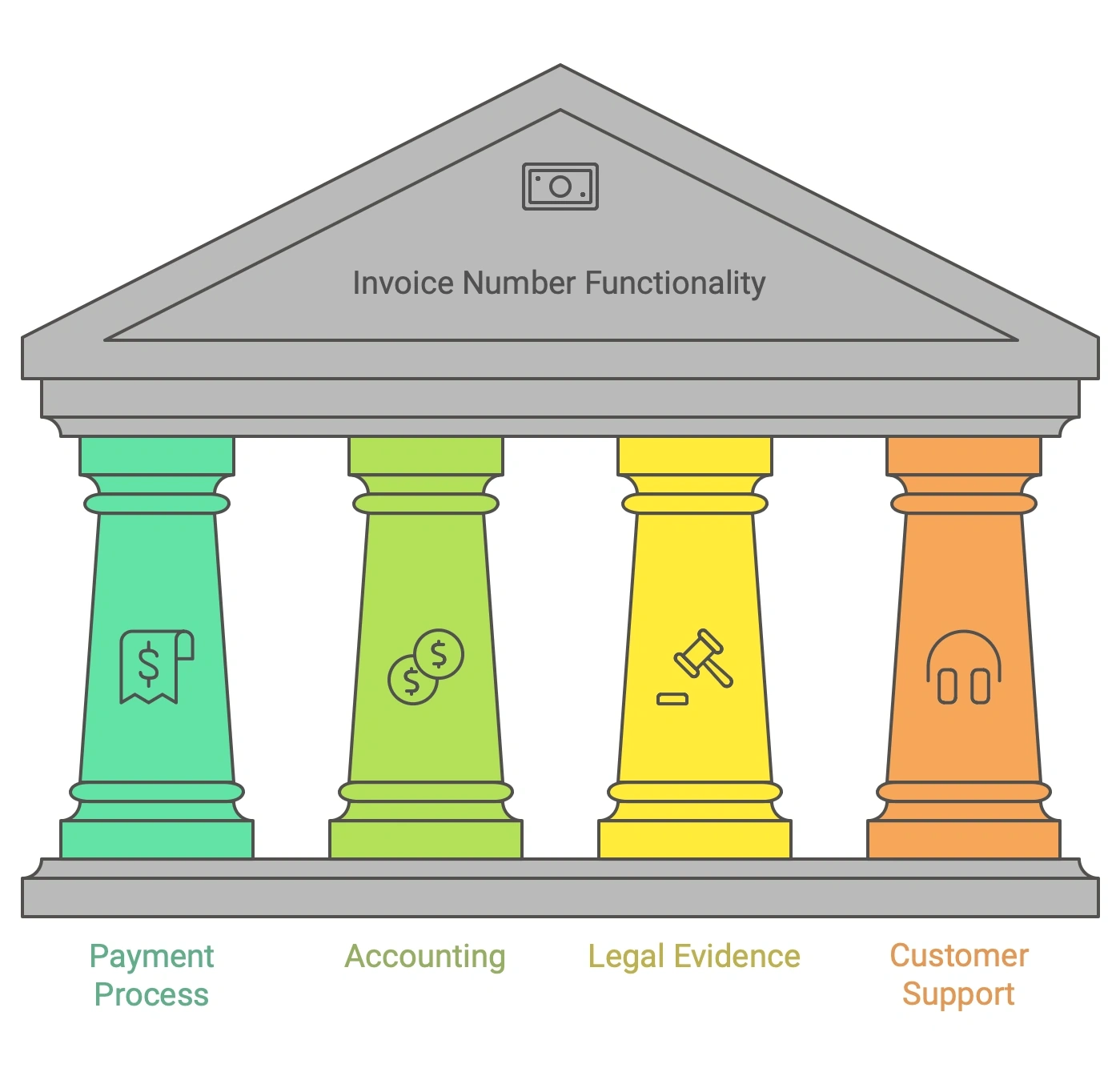
Implementing a well-structured invoice numbering system, such as the one offered by TurboDoc, can significantly streamline the invoicing process. It allows businesses to quickly reference specific invoices, respond to customer inquiries, and reconcile accounts with ease. Additionally, unique invoice numbers play a crucial role in effective invoice automation, enabling businesses to digitize and optimize their billing workflows.
Why Are Invoice Numbers Important?
Invoice numbers significantly enhance business operations by serving as a vital element for organizing financial transactions. They provide a reference point that simplifies the process of tracing payments and resolving queries efficiently. This capability is especially important during audits, where having a clear reference helps streamline the review process and ensures accuracy.
Moreover, invoice numbers play a crucial role in maintaining comprehensive records and eliminating potential confusion. By implementing a system that assigns unique identifiers to each invoice, businesses can ensure that transactions are accurately recorded and payments are allocated correctly. This precision not only improves internal accounting but also strengthens external relationships by fostering transparency and reliability.
The importance of unique invoice numbers becomes even more pronounced with the adoption of automated invoicing solutions. Such systems rely on distinct identifiers to optimize processes, minimize manual errors, and boost efficiency. Additionally, using a structured numbering approach allows businesses to track outstanding payments effectively, maintain detailed financial records, and comply with legal and regulatory obligations.
How to Create an Effective Invoice Numbering System
Develop a structured invoice numbering system to enhance billing management efficiency and choose a format that aligns with your business’s operational needs:
- Sequential numbering: Assign numbers in a straightforward order (e.g., 001, 002, 003). This method is simple and effective for businesses with straightforward invoicing.
- Chronological numbering: Incorporate the issuance date into the number (e.g., 20230618-001 for an invoice dated June 18, 2023) to improve traceability with a temporal context.
- Customer or project-specific numbering: Use unique identifiers for each client or project (e.g., CUST-001 or PROJ-001) to facilitate easy sorting and retrieval, especially for businesses handling multiple clients or projects.
- Hybrid method: Merge components from various formats to develop a customized system tailored to your business needs.
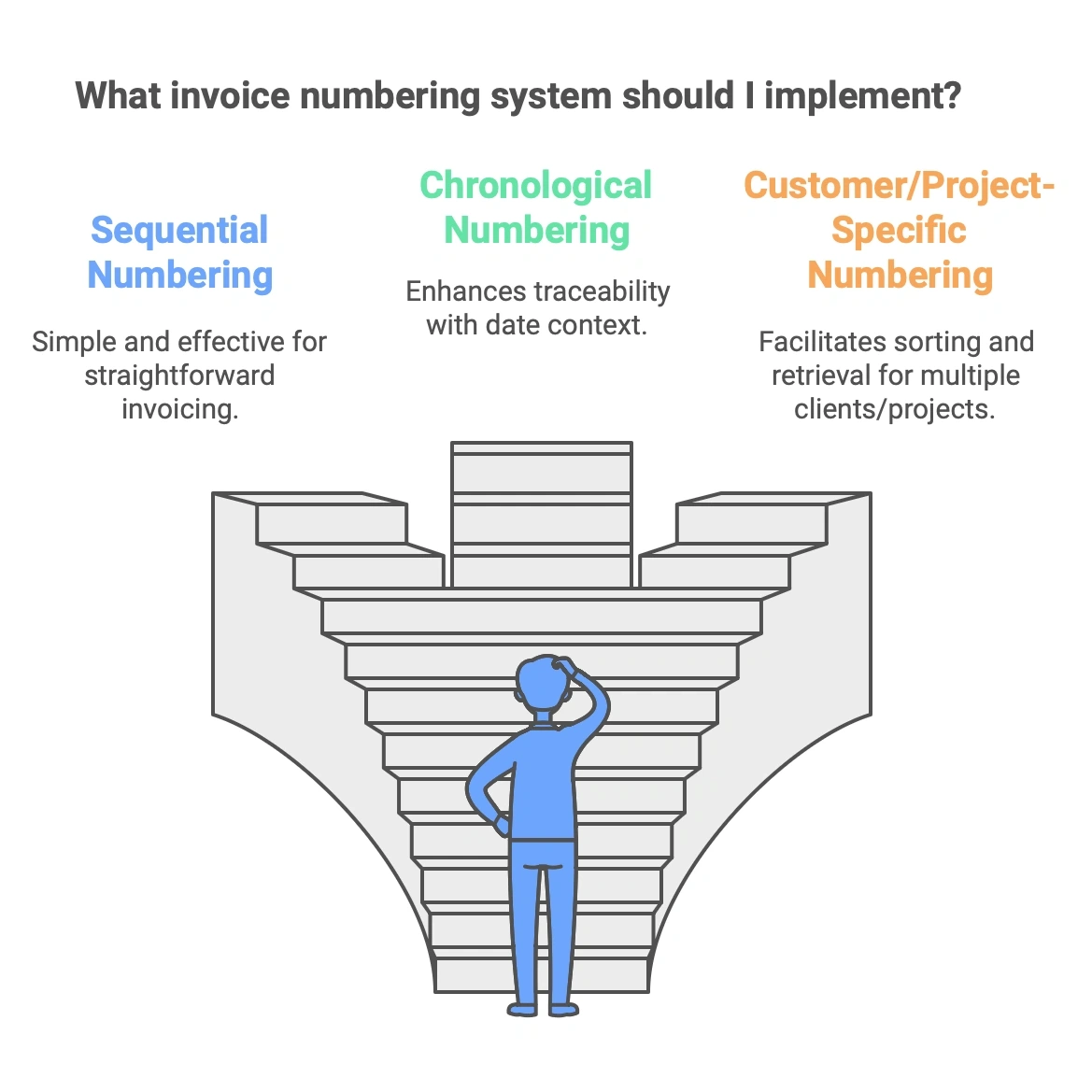
Ensure that there’s consistency in your chosen format:
- Apply the format uniformly across all invoices to maintain clear and organized records.
- Avoid reusing or omitting numbers to prevent misunderstandings and ensure accurate bookkeeping.
Leverage invoicing software to streamline the process:
- Automate invoice number generation to ensure uniformity.
- Integrate the software with existing systems for improved tracking and reporting capabilities.
Automate document processing with TurboDoc
Recognize invoices, contracts, and forms in seconds. No manual work or errors.
Try for free!
Benefits of Using Invoice Numbers
Adopting a comprehensive invoice numbering system greatly enhances the efficiency and clarity of financial operations. By establishing a structured method for organizing and accessing invoice records, businesses can significantly reduce administrative burdens and streamline their billing processes. This approach facilitates the quick retrieval of specific invoices, enabling prompt responses to client inquiries and ensuring smoother overall financial management.
A well-designed invoice numbering system also aids in efficient payment monitoring, thus improving vendor invoice management. Unique identifiers allow businesses to track payment statuses with ease, ensuring timely follow-ups on pending invoices. This proactive approach not only optimizes cash flow but also strengthens relationships with vendors by maintaining transparency and clarity regarding payment terms and timelines.
In addition, a systematic invoice numbering system projects a professional business image. Clients and stakeholders value the precision and organization evident in well-managed financial documents. By delivering clear and accurate invoices, businesses demonstrate reliability and meticulousness, which can enhance customer satisfaction and build trust. Furthermore, organized invoice management aids in meeting legal and tax obligations, ensuring all transactions are well-documented and readily available for audits or regulatory scrutiny. This compliance mitigates legal risks and underscores the business’s commitment to transparent and ethical financial practices.
Legal Aspects of Invoice Numbering
When it comes to invoice numbering, understanding legal and regulatory requirements is essential for compliance. While no universal rules exist, regulations often depend on your business’s location and industry. If your business processes international payments, knowing the invoicing requirements in different countries is crucial. These may include specific rules about currency, language, and tax information. Errors or omissions can lead to tax penalties or legal issues, so staying informed is key.
For peace of mind, consider consulting an accountant or legal expert for guidance. Below, we’ve outlined key factors to help you ensure your invoice numbering system meets regulatory standards.
Ensure Uniqueness
Most countries require that invoice numbers are unique, making it easier to track and avoid duplication. A unique numbering system is critical for maintaining accurate records and ensuring smooth audits.
Use Sequential Numbering
In regions like the European Union, sequential numbering is mandatory. This means each invoice must follow a consecutive order to comply with regulations and support proper auditing and recordkeeping.
Check Industry-Specific Rules
Certain industries have additional invoicing regulations, including specific formats or required details. It’s important to research any industry-specific requirements to stay compliant.
Tips for International Compliance:
- Research invoicing laws in each country where you do business.
- Double-check currency and language requirements.
- Include all mandatory tax information to avoid penalties.
For a fully compliant invoicing process, make sure your system aligns with these key points. Don’t hesitate to seek professional advice to address any concerns.
Automate document processing with TurboDoc
Recognize invoices, contracts, and forms in seconds. No manual work or errors.
Try for free!
Best Practices for Invoice Numbering
Launching an invoice numbering system that supports future growth begins with selecting an initial sequence that accommodates expansion, such as starting from 1001. This preemptive measure ensures that your numbering system remains scalable and manageable as transaction volumes increase. By planning ahead, you create a robust framework that supports the long-term development of your business:
Use Prefixes and Suffixes for Organization
Enhance your numbering system with prefixes or suffixes to categorize invoices by department or type. For example:
- «SALES-1001» for sales-related invoices
- «HR-1001» for human resources
These identifiers streamline operations by making it easy to recognize and sort invoice types at a glance. This organization not only simplifies internal workflows but also improves reporting and retrieval efficiency.
Keep the Format Simple and Clear
Simplicity is key to a successful numbering system. Opt for a clear and intuitive format that all team members can easily understand. This reduces the likelihood of errors and ensures smooth integration with financial tools like accounting software. A well-structured numbering system enhances operational efficiency and minimizes complexity.
Review and Adapt Regularly
As your business grows, your invoice numbering system should evolve to meet changing needs. Schedule periodic reviews to evaluate its effectiveness and make necessary adjustments.
- Ensure the system continues to align with your operational goals.
- Maintain detailed documentation of your numbering process to train new staff and support future changes.
Implementing a well-structured invoice numbering system is a fundamental step in optimizing your financial operations. By leveraging the power of automation and adhering to best practices, you can streamline your invoicing process, reduce errors, and maintain accurate records. If you’re ready to take your invoice management to the next level, start a free trial to experience TurboDoc’s invoice processing capabilities and let us help you simplify your financial workflows.
❓ Invoice Number FAQs
What is an example of an invoice number?
An invoice number is a unique identifier assigned to each invoice, for example: INV-1001 or 2025-001. It helps track billing and payments.
What are the rules for invoice numbers?
Invoice numbers must be unique, sequential, and easy to reference. Many businesses add prefixes (like year or client code) to keep invoices organized.
How many digits is an invoice number?
There is no strict rule, but most invoice numbers range from 4–10 digits. The key is consistency and avoiding duplicates.
What is the best format for invoice numbers?
Common formats include: INV-0001, 2025-001, or ClientCode-001. A good format is structured, sequential, and meaningful for your record-keeping.
Can I make my own invoice number?
Yes. Businesses can create their own numbering system as long as it’s consistent and ensures each invoice number is unique.
What if there is no invoice number?
Without an invoice number, it’s harder to track payments and disputes. Some jurisdictions legally require invoices to have unique numbers for compliance.
Can your invoice number be anything?
Technically yes, but it should follow a clear, logical sequence. Random or overly long numbers can cause confusion and bookkeeping errors.

